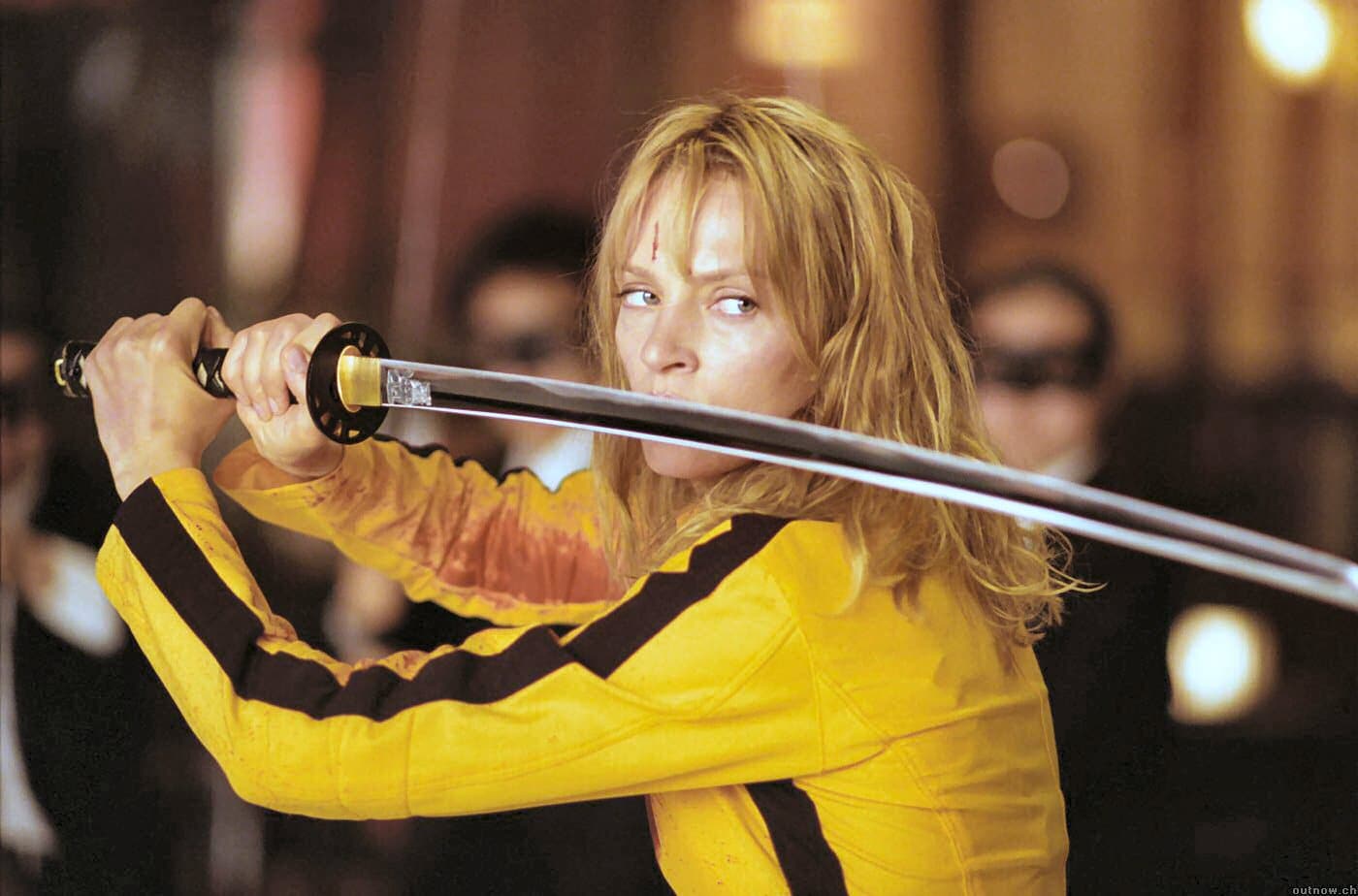Master Yip.
Yip Man, whose life is a common favorite among filmmakers to interpret and is also perhaps the Asian cinematic equivalent of Abraham Lincoln, headlines yet another film about his chain-punching exploits. But this time, we've got a cinematic heavyweight at the helm in the form of Wong Kar-wai. Plus, we've got the Asian king of cool Tony Leung Chiu Wai as Yip Man himself. Despite the question of "The Grandmaster's" true necessity as a biopic (the 2008 Donnie Yen-starrer "Ip Man" may have already sufficed), the film has nonetheless sparked immediate interest among cinephiles because, why wouldn't it? It has Wong Kar-wai and Tony Leung Chiu Wai in it, not to mention that Zhang Ziyi (Zhang Ziyi!) is also part of it. It also has an amazing cinematography and an obvious promise for some solid, kick-ass martial arts action. Now who would not figuratively jizz all over such a project?
Set in Foshan a few years before the Japanese occupation (but then again, so was the Donnie Yen film), "The Grandmaster" chronicles, through Wong Kar-wai's trademark, quasi-poetic visual style, Ip Man's well-deserved rise to high esteem as a martial arts master and sudden fall as a wartime-stricken citizen. The film also fascinates by highlighting the fact that a brothel, named the "Golden Pavilion", has been the favorite haven among martial artists (and also the most preferred venue for their fisticuffs) during the time. Well, let's just say that it's kind of like the early 20th century equivalent of those modern, organic coffee shops and the masters themselves as the hipsters that inhabit them. Things indeed just recur.
In a nutshell, well, the film is basically about this bunch of high-flying, philosophy-uttering bohemians who fight for some obsolete sense of pride, respect and discipline, even amidst a time of guns, bombs and widespread hunger. Surely, it was a fascinating thing to tackle, especially since the earlier "Ip Man" film is so much more focused on a bombastically illusory narrative (its title should have been "Ip Man vs. Japan") more than Yip Man's intensely spiritual personality. But still, "The Grandmaster" is, after all, supposed to be a martial arts film, and Tony Leung Chiu Wai, basically, is supposed to kick some ass. Heavy philosophizing, for me, should belong in other films. Hell, even his eventual student Bruce Lee, who also had his share of martial arts movies, would certainly agree. You don't mix forced dramatics, contrived verbal symbolism and uncalled-for romance with some good ol' bone-cracking action because, sooner or later, it would definitely overwhelm what the film is really destined to be. And alas, that's exactly what happened with "The Grandmaster".
In some sense, the film has even lost itself halfway by not being about Yip Man anymore. Instead, it has problematically focused on what is an otherwise very sub-par revenge narrative instigated by what is otherwise a very forgettable character in the form of Zhang Ziyi's Gong Er. Now, that's two aspects right there that "The Grandmaster" has missed its mark on: first on being a true martial arts film, and second on being a memorable biopic.
As for the imagery, well, you really wouldn't expect anything short of brilliant from Wong Kar-wai. Dream-like in its execution and peppered with Wong's fevered slow-motion shots, the film's visuals flow like an achingly beautiful lullaby. Suddenly, shades of Zhang Yimou's more reflective martial arts films come to mind. But then again, "The Grandmaster" is too weak and indecisive regarding what its narrative really wants to cover and whether its fight scenes were there to really matter that the film ultimately achieved only a third of its potential greatness. Sadly, the film is an 'almost' masterpiece. And with 'almost', I mean stuck in a gas station two miles away from its supposed destination. It really could have been so much more.
FINAL RATING










